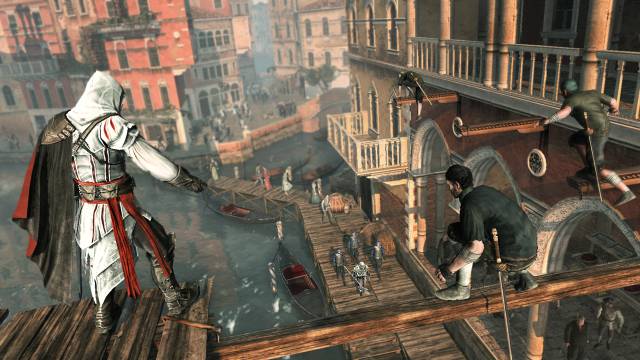


However, the benchmark ran smoothly during our second and third runs. Speaking of stuttering issues, even our eight-core CPU had stutters during the first run of the benchmark. Similarly, our simulated quad-core system had some stutters when Hyper Threading was disabled. Now even though our simulated dual-core was able to push a minimum framerate of 51fps, it was unplayable due to severe stutters. Assassin’s Creed Valhalla requires at least six CPU cores/threads anything lower than that will introduce multiple stuttering issues. In order to find out how the game scales on multiple CPU threads, we simulated a dual-core, a quad-core and a hexa-core CPU. Do note, though, that the in-game performance is slightly worse than the benchmark. For our CPU tests, we lowered our resolution to 1280x720 (and we were still GPU-limited) and used the built-in benchmark. Additionally, Ubisoft has added a Field of View slider, as well as an FPS limiter and Resolution Scaler.Īssassin’s Creed Valhalla is the first AC game using the DX12 API and we can finally say that this game is no longer CPU-bound. There are also options for Motion Blur and Screen Space Reflections. PC gamers can adjust the quality of Anti-aliasing, World Details, Clutter, Shadows, Volumetric Clouds, Water, Textures and Depth of Field. Ubisoft has implemented a respectable number of graphics settings. We did not test our GTX690 as the game requires at least 4GB of VRAM. We also used Windows 10 64-bit, the GeForce driver 457.09 and the Radeon Software Adrenalin 2020 Edition 20.11.1 drivers. Similarly to all other AC games, Valhalla uses the AnvilNext Engine so it’s time to benchmark it and see how it performs on the PC platform.įor this PC Performance Analysis, we used an Intel i9 9900K with 16GB of DDR4 at 3600Mhz, AMD’s Radeon RX580 and RX Vega 64, NVIDIA’s RTX 2080Ti and GTX980Ti. Assassin’s Creed Valhalla is one of the most anticipated games of 2020.


 0 kommentar(er)
0 kommentar(er)
